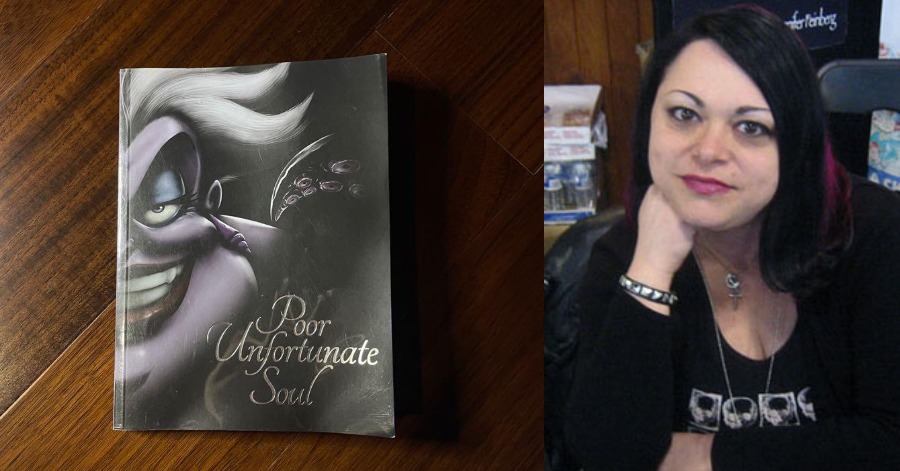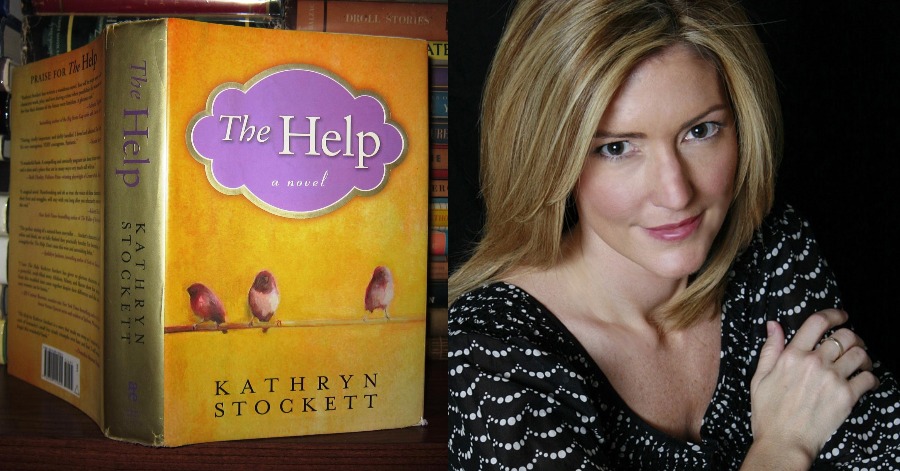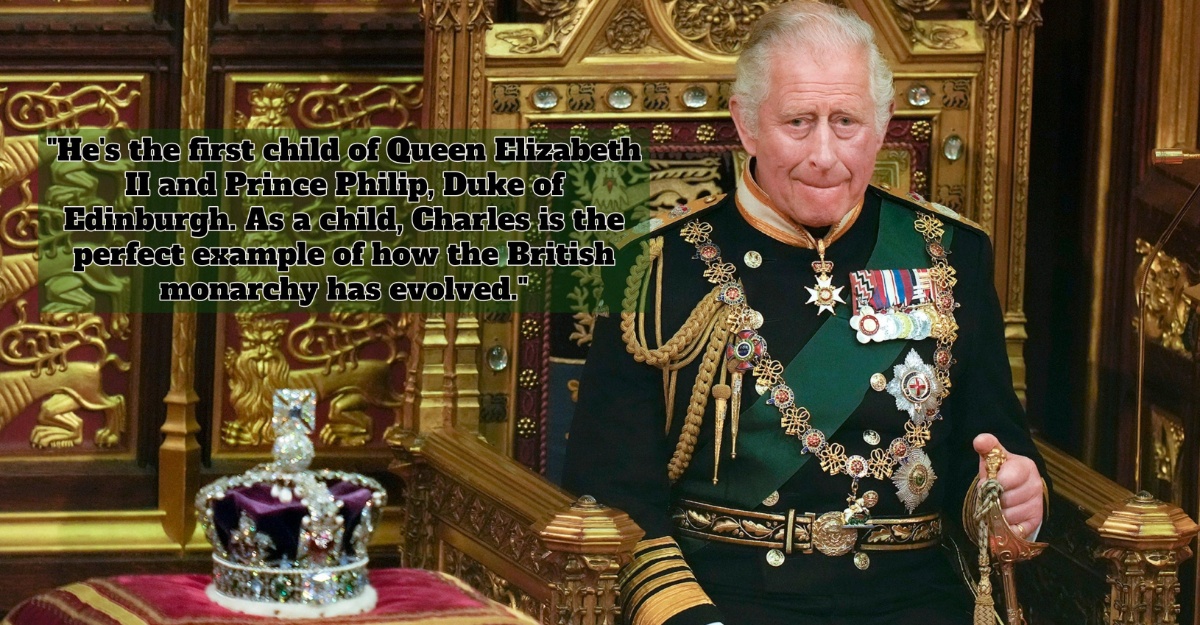Ursula is loosely based on the nameless sea witch from the original Hans Christian Andersen tale. Ursula’s fervent confidence and theatricality have been met with critical praise, and have influenced villains that followed. Everyone would definitely want to know what led to her becoming so twisted, scorned, and filled with hatred. Many tales have explained them. Here is one account that might have shaped the sea witch into a detestable and poor unfortunate soul.
The tale of the sea king’s daughter Ariel is a beloved one of losing―and then finding―one’s own voice. The story has been told many times and in many ways. But always the mergirl wants more than her world can offer, and her father demands that she live within the confines of his domain. That is actually the clue on how Ursula’s story started.

Poor Unfortunate Soul is actually the third book in the Valentino Villains series. The book really gives a different perspective for Ursula. In this version of the story, Ursula has the advantage of her very own voice with which to tell her very own story and the truth of what happened. The tale of the cheeky sea witch, maker of deals, and uncrowned queen of the Unprotected Waters challenges the reader to think about what he or she values and how those values might manifest. It also advances readers to the next level of villainy which is the detestation for human failings, vengeful destruction, and also divine hatred.
In many respects the lessons in this book go against the grain of traditional fairytales, advocating instead for being true to oneself and embracing what others might perceive as imperfections. Ursula is most comfortable in her octopus-like skin rather than her human Vanessa form or any other form bestowed upon her by others. Tulip has learned a lot from her first romantic ordeal and strives to be stronger, less generically physically attractive, and less giggly.
Sources: Good Reads.









Leave a Comment